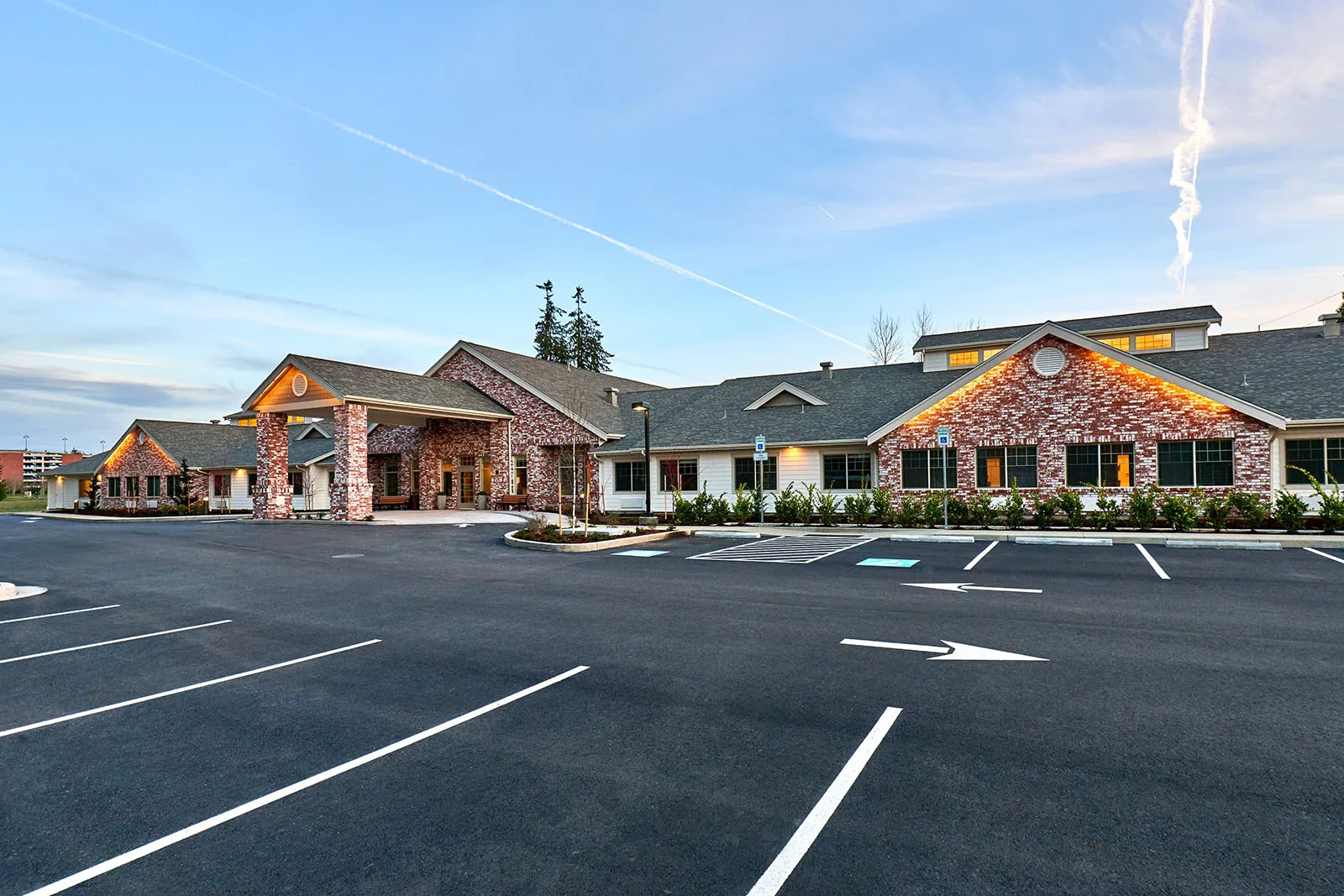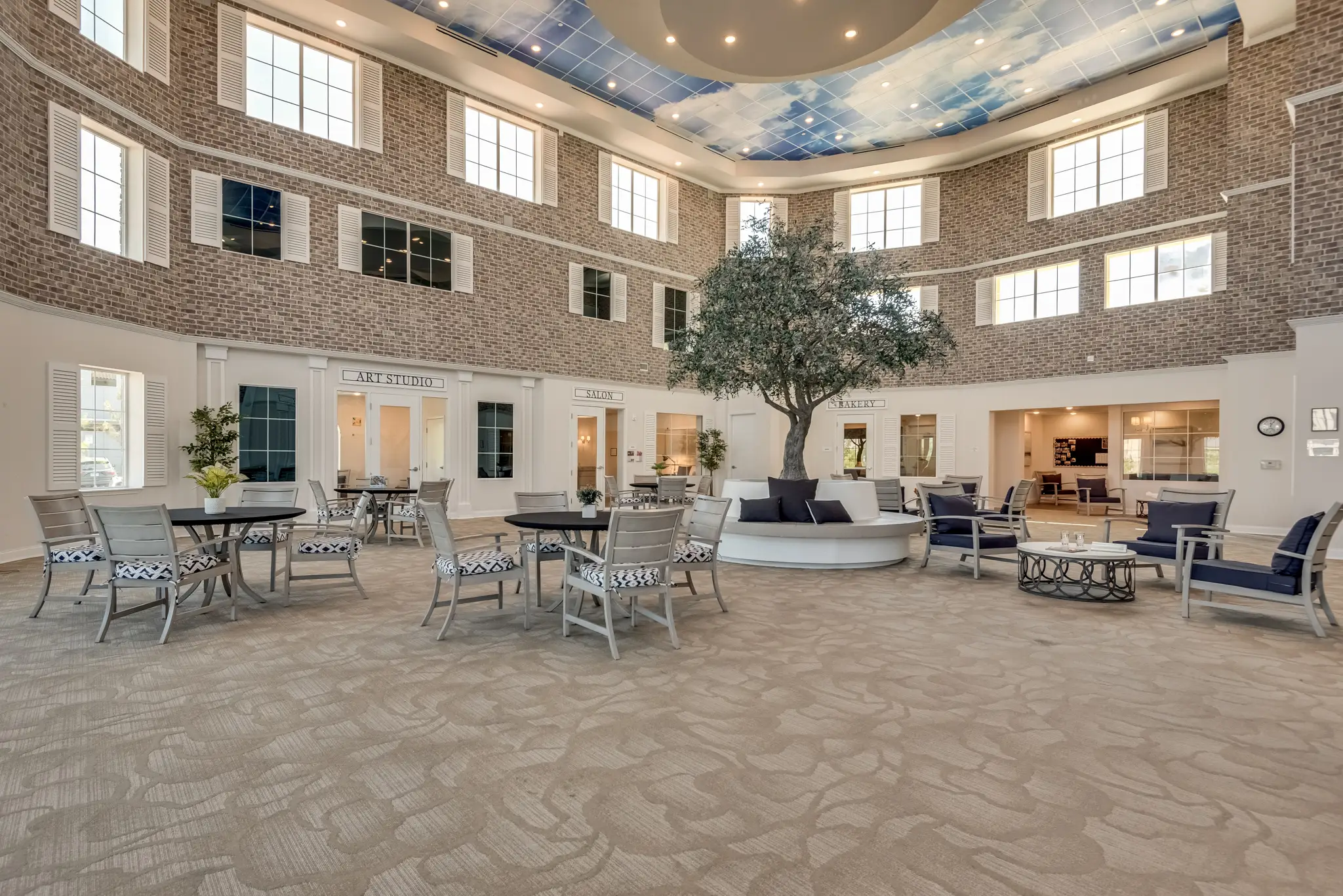How Respite Care Supports Dementia Caregivers

Caring for a loved one with dementia is an act of deep love and devotion. But it can also be exhausting — emotionally, physically, and mentally. Many family caregivers put their own needs aside while supporting their loved one, which can lead to burnout over time. That’s where respite care becomes an invaluable resource.
Respite care offers short-term, professional support for individuals living with Alzheimer’s disease or other forms of dementia, giving family caregivers the chance to rest, recover, and recharge.
Why Dementia Caregivers Need Respite
Unlike other types of caregiving, dementia caregiving often requires round-the-clock attention. Memory changes, confusion, wandering, and behavioral shifts can create constant stress. Over time, this can lead to:
- Caregiver burnout – physical and emotional exhaustion
- Declining health – skipped doctor’s appointments or neglected self-care
- Strained family relationships – stress spreading into other areas of life
According to the Alzheimer’s Association, respite care gives caregivers the ability to take a step back while ensuring their loved one is in safe, supportive hands.
The Benefits of Respite Care for Dementia Caregivers
1. Peace of Mind
Professional respite care communities have staff trained in dementia care who understand how to support residents with compassion and patience.
2. Time to Recharge
Even a few days of rest can reduce caregiver stress, improve sleep, and restore energy.
3. Socialization for Loved Ones
During their stay, seniors participate in activities, meals, and social engagement designed for memory support. This helps reduce isolation while caregivers get a break.
4. Trial for Long-Term Care
Some families use respite care as a way to explore a memory care community before making a long-term decision.
How to Know When It’s Time for Respite Care
Signs that it may be time to consider respite care include:
- Feeling constantly overwhelmed or anxious
- Difficulty balancing work, family, and caregiving
- Lack of sleep or neglecting your own health
- Worry about leaving your loved one unattended
If these sound familiar, respite care could provide the relief you need. The Mayo Clinic notes that taking breaks helps caregivers remain healthier and better able to provide ongoing support.
FAQs About Respite Care and Dementia
Q: How long can respite care last?
A: Respite care for dementia can be as short as a single day or extend for several weeks, depending on the caregiver’s needs and the community’s availability. Some families use it for a weekend getaway, while others may schedule a two- to four-week stay during travel, surgery recovery, or caregiver burnout. The flexibility allows caregivers to take the time they need while ensuring their loved one continues to receive safe, professional support.
Q: Will my loved one continue dementia-specific activities during respite care?
A: Yes. In most memory care communities, respite care residents join the same daily activities as full-time residents. This can include cognitive games, music therapy, art projects, gentle exercise, and structured routines designed to reduce anxiety and support memory. These programs not only keep your loved one engaged but also provide consistency, which is especially important for individuals living with Alzheimer’s disease or other forms of dementia.
Q: Does respite care include medical support for someone with dementia?
A: Many respite care programs provide 24/7 supervision and support, including assistance with medication management, personal care, and mobility. In memory care communities, staff members are specially trained to respond to the unique medical and behavioral needs of dementia residents. While respite care is not the same as skilled nursing, it offers a safe environment with professional oversight to give families peace of mind.
Q: Is respite care covered by insurance or Medicare?
A: Coverage for respite care varies widely. Medicare does not usually cover respite stays in memory care communities unless it is part of a hospice program. Some long-term care insurance policies may include benefits for short-term care, but families should review their plan details carefully. In most cases, respite care is a private-pay service. Communities can provide cost estimates up front so caregivers know what to expect financially.
Q: How much does respite care usually cost?
A: The cost of respite care varies depending on location, length of stay, and level of support needed. At ONELIFE communities, respite stays are typically calculated as approximately the cost of one month of care divided by 30 days. This provides a helpful estimate, but actual pricing will depend on your loved one’s individual needs, such as memory support, medication management, or specialized care. To receive a clear and personalized quote, we encourage families to reach out directly to their local ONELIFE community.
Q: What is the difference between respite care and memory care?
A: Respite care and memory care both support older adults, but they serve different purposes. Respite care is short-term and designed to give family caregivers a temporary break while ensuring their loved one continues to receive professional support. Stays can last a few days to a few weeks. Memory care, on the other hand, is a long-term living option for individuals with Alzheimer’s disease or other forms of dementia. Memory care communities provide 24/7 supervision, structured routines, and specialized programs tailored to the needs of residents with memory loss. In some communities, families can use respite care as a way to “try out” memory care before deciding on a permanent move.
Respite care isn’t just a break — it’s a lifeline for dementia caregivers. By entrusting your loved one to compassionate professionals, you gain the time and energy you need to continue caring with love and patience.
Considering respite care for your loved one?
ONELIFE Senior Living offers short-term support designed with dementia caregivers in mind. Explore our Memory Care, Assisted Living, and Respite Care options, or schedule a tour to see how our communities can support your family.
Explore ONELIFE Communities Near You
ONELIFE Senior Living is proud to serve families in multiple regions, offering exceptional care and support tailored to each resident’s needs. In Springfield, Oregon, The Esther at Riverbend Assisted Living provides personalized assisted living services, while The Rawlin at Riverbend Memory Care specializes in compassionate Alzheimer’s and dementia care. Families in Salem can find trusted support at Battle Creek Memory Care, and those in Beaverton benefit from the warm, secure environment at Waterhouse Ridge Memory Care.
For families in Nevada, Vineyard Henderson Memory Care offers expert dementia care in the heart of Henderson, while in California, The Reserve at Fountaingrove Memory Care provides high-quality memory support in Santa Rosa, and The Woodlake Senior Living serves Sacramento with a full spectrum of senior living options. In Cottage Grove, Oregon, Middlefield Oaks Senior Living combines independence and care, while in the Midwest, The Laurel at Vernon Hills Memory Care stands as a dedicated resource for families looking for respite care in Vernon Hill, Illinois. Finally, in Phoenix, Arizona, Shadow Mountain Memory Care delivers compassionate, all-inclusive memory care in a safe and engaging setting.
No matter which location you choose, every ONELIFE community is united by the same mission: providing exceptional care, meaningful activities, and a true sense of family for residents and loved ones.
Contact us
learn more about our
community

More Articles & Resources
EXPLORE THE ONELIFE COMMUNITIES




















